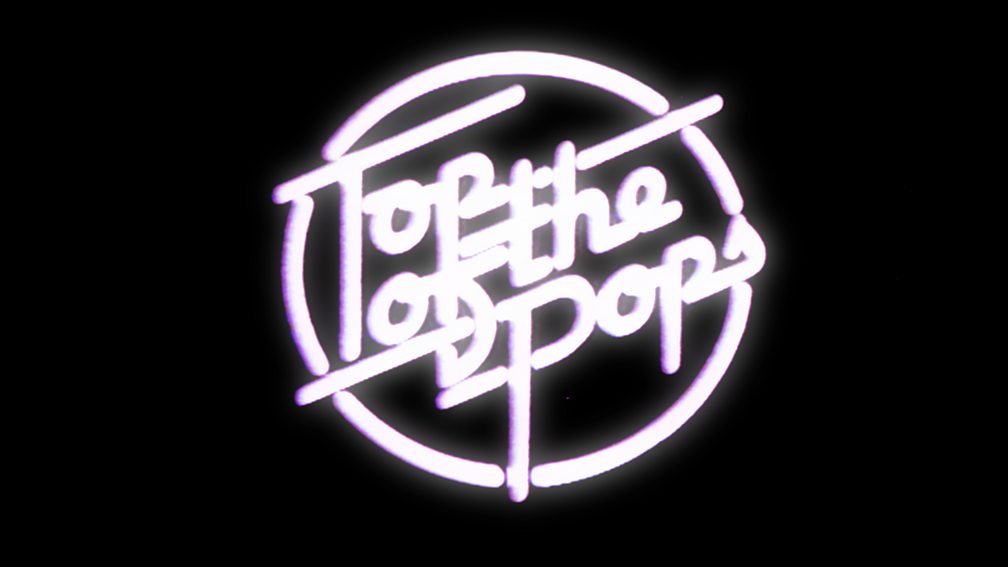Since Top of the Pops ended in 2006, programme makers have attempted to recreate its particular appeal via various less beloved formats: a host of ‘00s T4 specials; the short-lived, Rizzle Kicks-fronted Smells Like Friday Night; the more hip hop-focused mid-’10s endeavour, Four to the Floor. Yet none quite managed to match the winning formula of the original – a programme that would blare into every living room, welcoming in the weekend via a musical democracy.
At its core, TOTP had a sense of public ownership – each artist voted in by record-buyers, there due to demand and popularity; its incongruent tracklist and grinding gear changes would seduce or repel, according to taste. Everything about the show was ephemeral, a celebration of fickle sales of plastic that would often hit landfill in a year. And yet Top of the Pops is now being repeated on BBC Four to fill that Friday slot once again – this time not to inspire and offend, but to reminisce.
At a time when collective, universal camaraderie is sorely missing, it’s comforting to know that we all remember that hair and those jeans: that we can all corroborate one past, when the present feels so isolated. Before our entertainment was privately prescribed by algorithms, TV was a one-size-fits-all cure for evening boredom. But nothing’s universal now; we’re all boxed in private walled gardens that know our rhythms and our quirks. With lockdown grinding into its second year, the loss of those unifying moments can feel overwhelmingly lonely. Sometimes, there’s a simple joy in feeling that we’re all on the same page.
What might appear on the surface to be obsessive nostalgia for fashion and music past is really, at its core, an attempt to relive the atmosphere of a simpler time – of kids waving to their mums through the TV studio cameras, of the anticipation as a presenter announces the week’s Number One. When a band modelled that hair on a show like Top of the Pops, its cultural impact was immediately visible in the streets, the clubs and the cafes, and there’s something electric about that connection – a connection that we can only view from a distance now, detached by time, technology and the small matter of a global pandemic.
It’s wrong to project cultural doomsday onto tomorrow when there will always be songs that rally the home stereos and tinny headphones of the world. But doomsday is the subliminal message of a TV guide packed with retrospectives, treating yesterday as today’s entertainment until the future is stifled. We all reach for the precedent in these “unprecedented times”, but for me, born the year Top of the Pops ended, a world of hand-me-downs implies that it’s all happened and I missed it. An abundance of “you were too young to remember” generational in-jokes reduces the radio and TV to some kitschy jukebox in a mock-up diner: repetitive and eventually dull.
And so I hope – and believe – that the 2020s will bring more of what we miss deep down, more shows releasing weekly episodes that will open up that window for conversation once again. A joyous reaction against the last isolated, anxious decade and its hangover of these current, supremely uninspiring times. Bring on the roaring ‘20s, I say: a new era, not a reboot.


